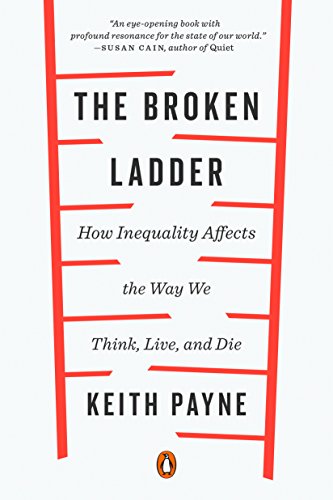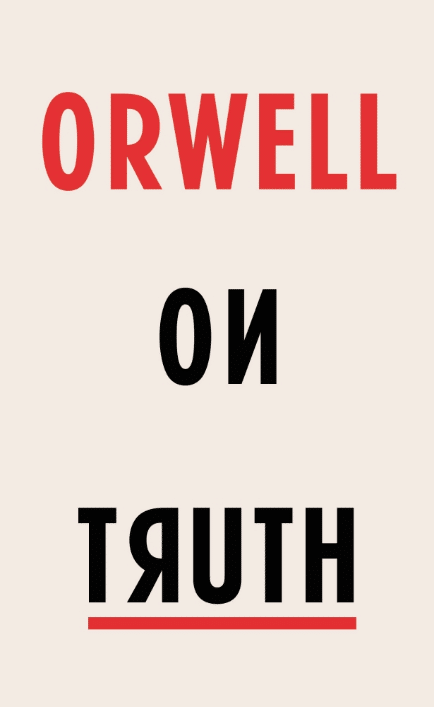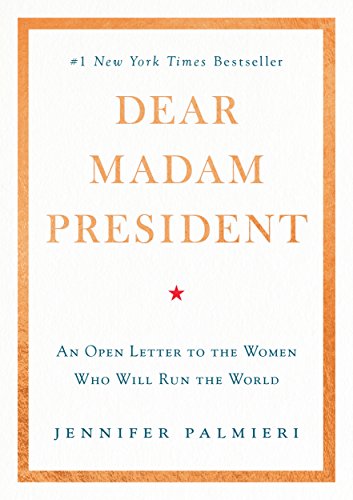In Ernest Cline’s Ready Player One, readers are introduced to Innovative Online Industries, the global communications and technology corporation that dominates the internet service industry through its administration of virtual world OASIS and the lucrative market of goods and services within it.
There is a craft to uprising — and this craft can change the world
From protests around climate change and immigrant rights, to Occupy, the Arab Spring, and #BlackLivesMatter, a new generation is unleashing strategic nonviolent action to shape public debate and force political change. When mass movements erupt onto our television screens, the media consistently portrays them as being spontaneous and unpredictable. Yet, in this book, Mark and Paul Engler look at the hidden art behind such outbursts of protest, examining core principles that have been used to spark and guide moments of transformative unrest.
The most famous by far of all twentieth-century political allegories, Animal Farm is the account of a group of barnyard animals who revolt against their vicious human master, only to submit to a tyranny erected by their own kind, can fairly be said to have become a universal drama. Orwell is one of the very few modern satirists comparable to Jonathan Swift in power, artistry, and moral authority; in animal farm his spare prose and the logic of his dark comedy brilliantly highlight his stark message. Taking as his starting point the betrayed promise of the Russian Revolution, Orwell lays out a vision that, in its bitter wisdom, gives us the clearest understanding we possess of the possible consequences of our social and political acts.
Today’s inequality is on a scale that none of us has seen in our lifetimes, yet this disparity between rich and poor has ramifications that extend far beyond mere financial means. In The Broken Ladder psychologist Keith Payne examines how inequality divides us not just economically, but has profound consequences for how we think, how our cardiovascular systems respond to stress, how our immune systems function, and how we view moral ideas like justice and fairness. Experiments in psychology, neuroscience, and behavioral economics have not only revealed important new insights on how inequality changes people in predictable ways, but have provided a corrective to our flawed way of viewing poverty as the result of individual character failings. Among modern, developed societies, economic inequality is not primarily about money, but rather about relative status: where we stand in relation to other people. Regardless of their average income, countries or states with greater levels of income inequality have much higher rates of all the social problems we associate with poverty, including lower average life expectancies, serious health issues, mental illness, and crime.
‘Freedom is the freedom to say that two plus two equals four. If that is granted, all else follows.’
This selection of George Orwell’s writing, from both his novels and non-fiction, gathers together his thoughts on the subject of truth. It ranges from discussion of personal honesty and morality to freedom of speech and political propaganda. Orwell’s unique clarity of thought and illuminating skepticism provide the perfect defense against our post-truth world of fake news and confusion.
The Road to Unfreedom: Russia, Europe, America: With the end of the Cold War, the victory of liberal democracy was thought to be absolute. Observers declared the end of history, confident in a peaceful, globalized future. But we now know this to be premature. Authoritarianism first returned in Russia, as Putin developed a political system dedicated solely to the consolidation and exercise of power. In the last six years, it has creeped from east to west as nationalism inflames Europe, abetted by Russian propaganda and cyberwarfare. While countries like Poland and Hungary have made hard turns towards authoritarianism, the electoral upsets of 2016 revealed the citizens of the US and UK in revolt against their countries’ longstanding policies and values. But this threat to the West also presents the opportunity to better understand the pillars of our own political order. In this forceful and unsparing work of contemporary history, Snyder goes beyond the headlines to expose the true nature of the threat to democracy. By showcasing the stark choices before us—between equality or oligarchy, individuality or totality, truth and falsehood—Snyder restores our understanding of the basis of our way…
Framed as an empowering letter from former Hillary Clinton Communications Director Jennifer Palmieri to the first woman president, and by extension, to all women working to succeed in any field, Dear Madam President is filled with forward-thinking, practical advice for all women who are determined to seize control of their lives-from boardroom to living room.
Resuming the narrative of his Pulitzer Prize-winning Ghost Wars, bestselling author Steve Coll tells for the first time the epic and enthralling story of America’s intelligence, military, and diplomatic efforts to defeat Al Qaeda and the Taliban in Afghanistan and Pakistan since 9/11
Prior to 9/11, the United States had been carrying out small-scale covert operations in Afghanistan, ostensibly in cooperation, although often in direct opposition, with I.S.I., the Pakistani intelligence agency.
Hillbilly Elegy: A Memoir of a Family and Culture in Crisis
From a former marine and Yale Law School graduate, a powerful account of growing up in a poor Rust Belt town that offers a broader, probing look at the struggles of America’s white working class Hillbilly Elegy is a passionate and personal analysis of a culture in crisis—that of wh…
Voters cast their ballots for what they believe is right, for the things that make moral sense. Yet Democrats have too often failed to use language linking their moral values with their policies. The Little Blue Book demonstrates how to make that connection clearly and forcefully, with hands-on advice for discussing the most pressing issues of our time: the economy, health care, women’s issues, energy and environmental policy, education, food policy, and more. Dissecting the ways that extreme conservative positions have permeated political discourse, Lakoff and Wehling show how to fight back on moral grounds and in concrete terms. Revelatory, passionate, and deeply practical, The Little Blue Book will forever alter the way Democrats and progressives think and talk about politics.









